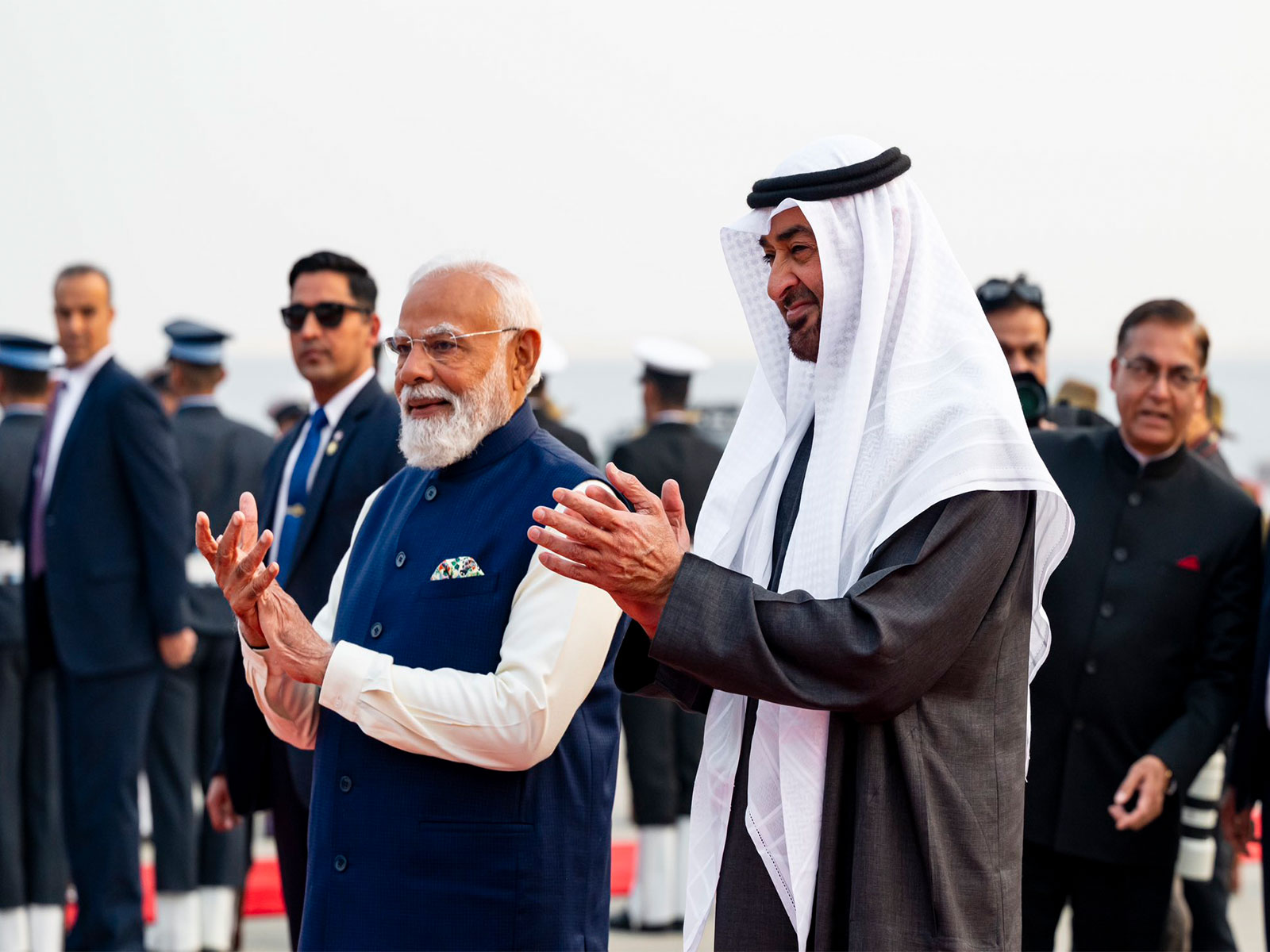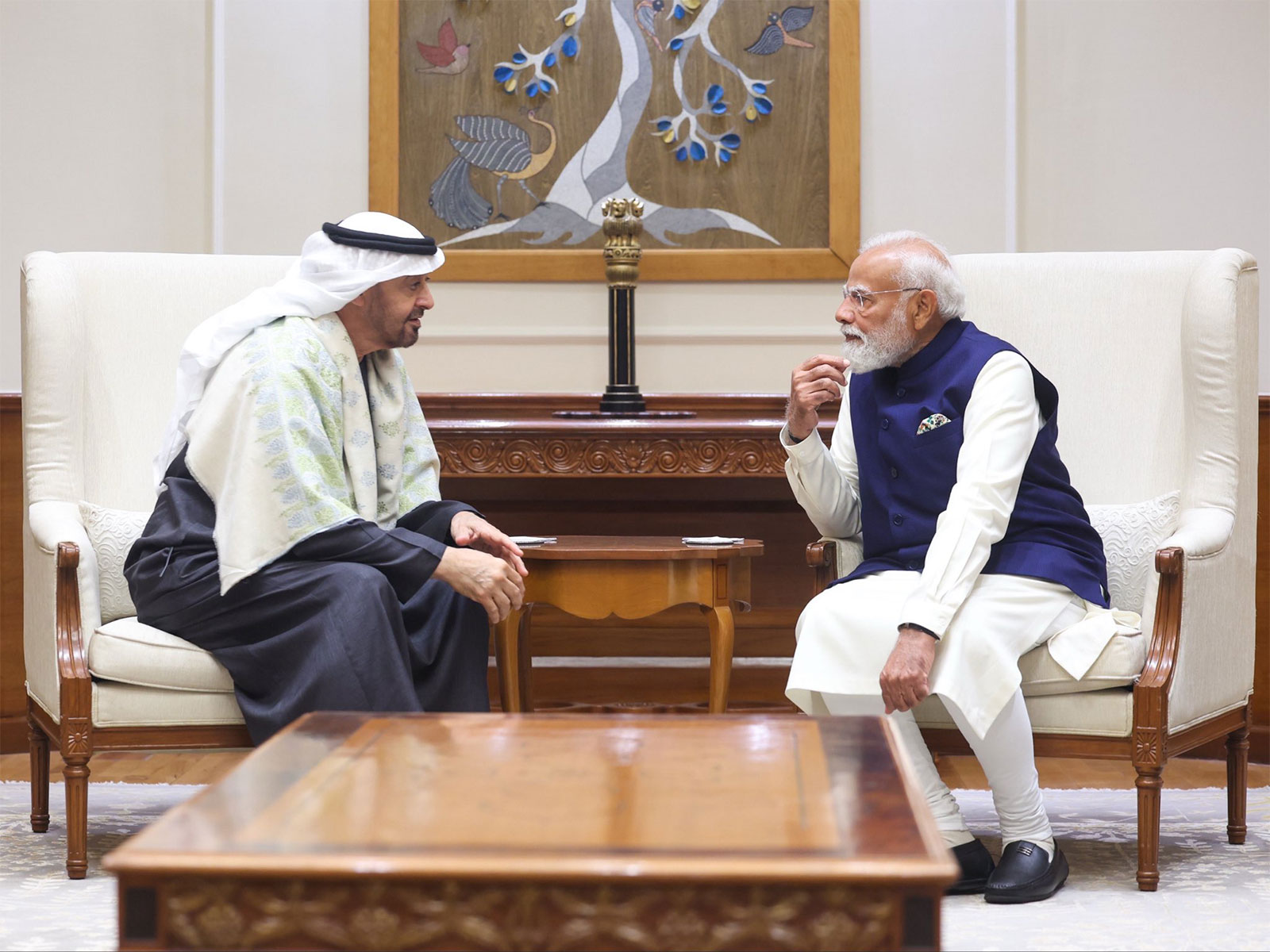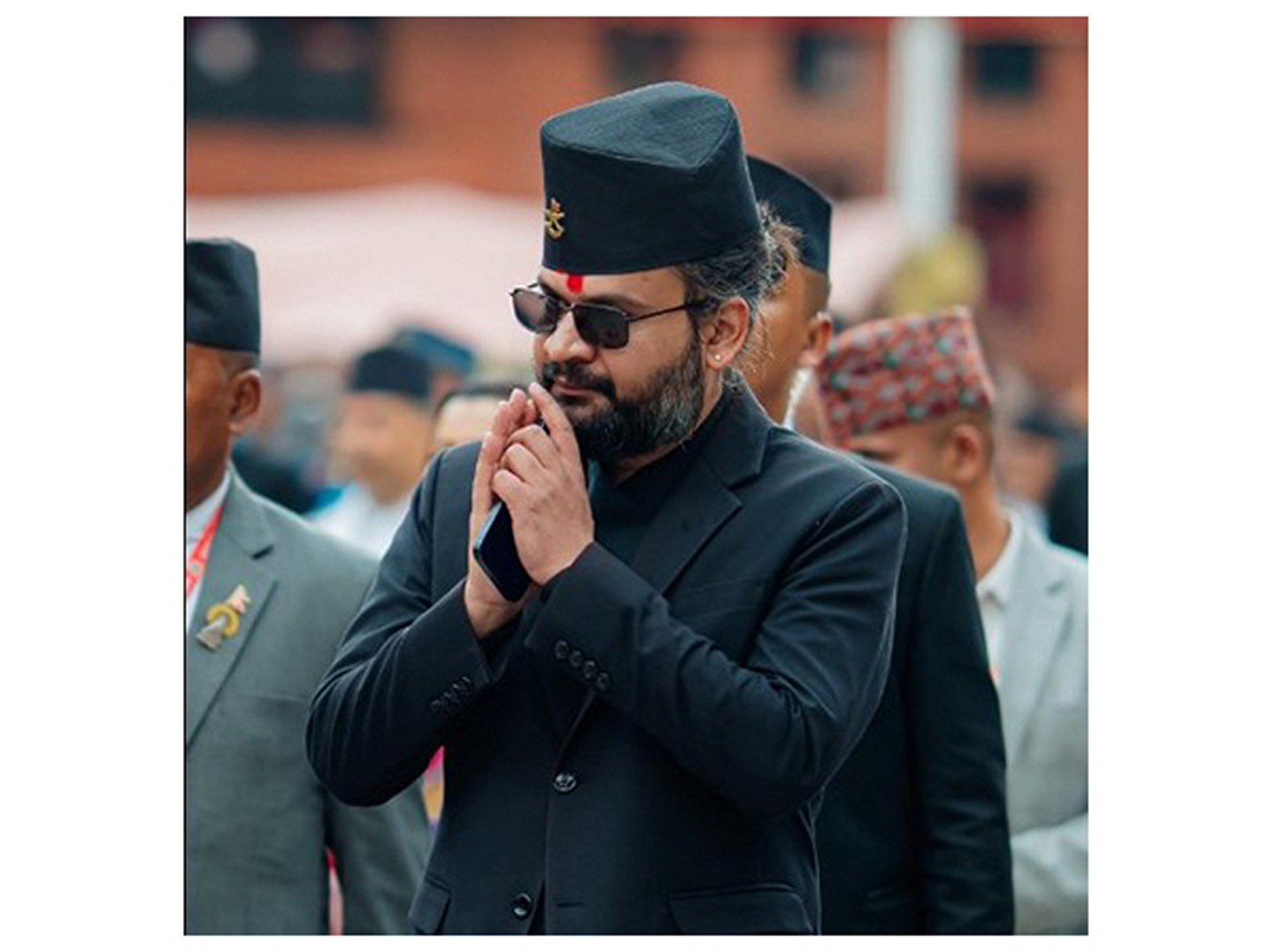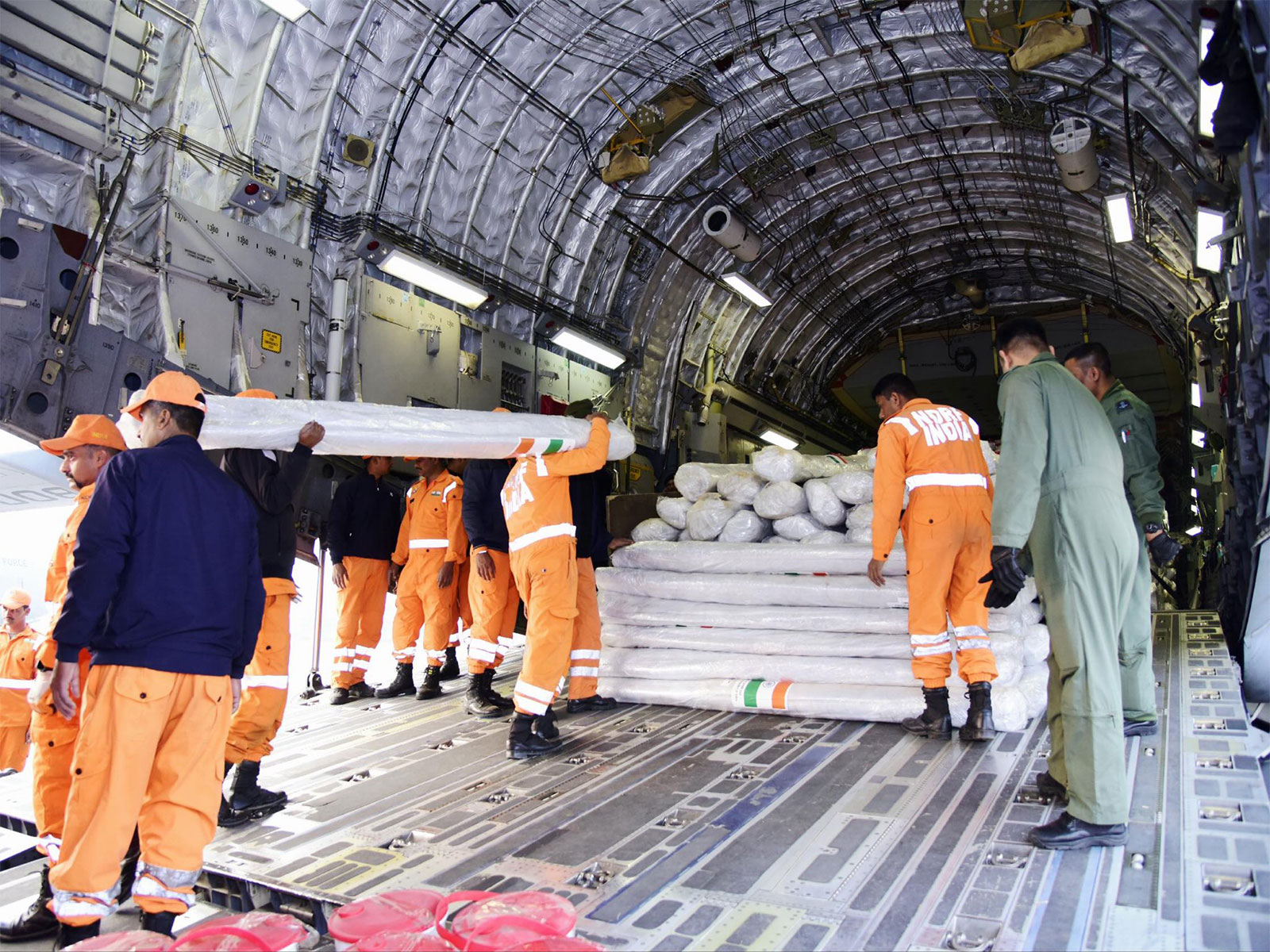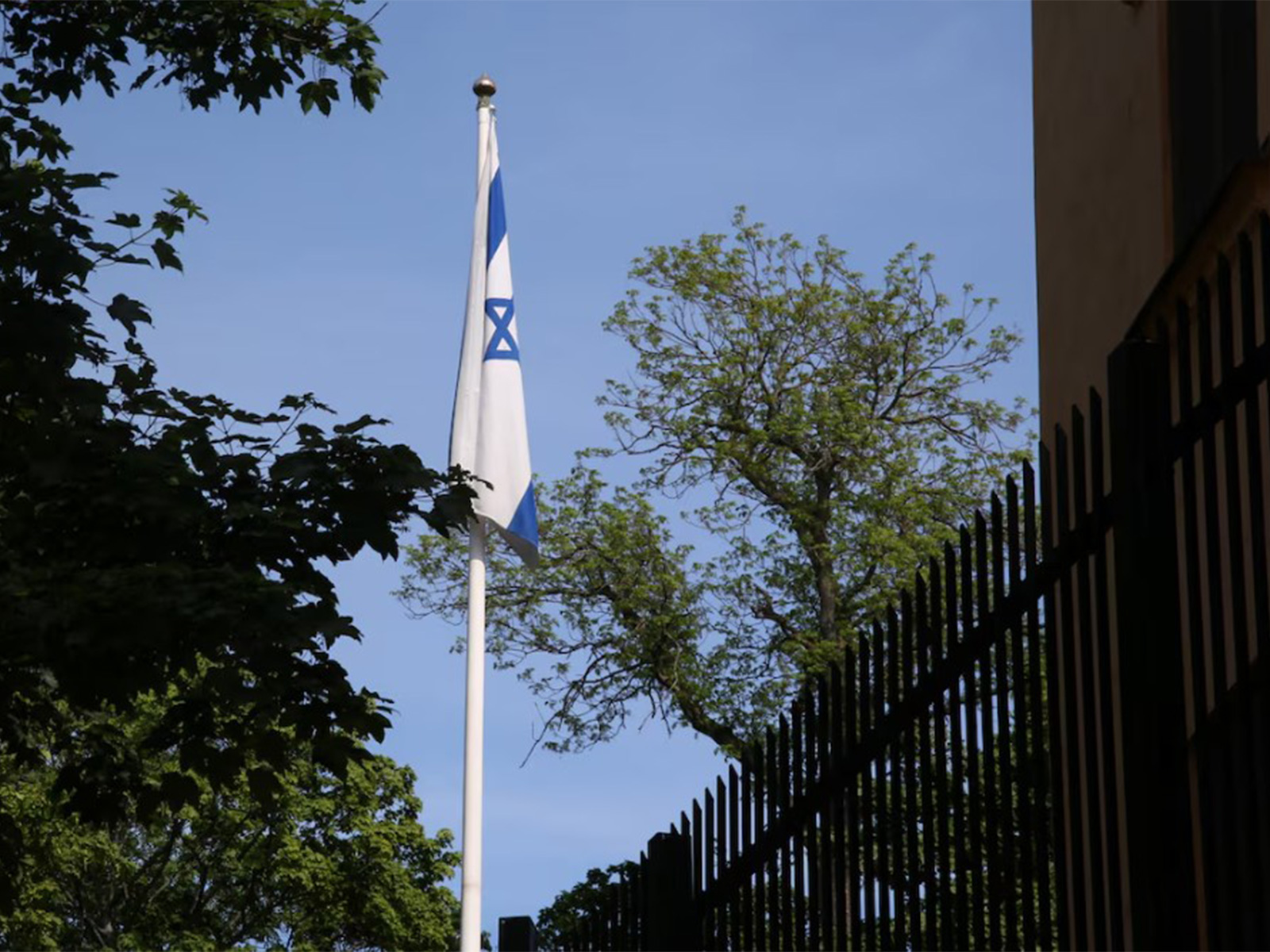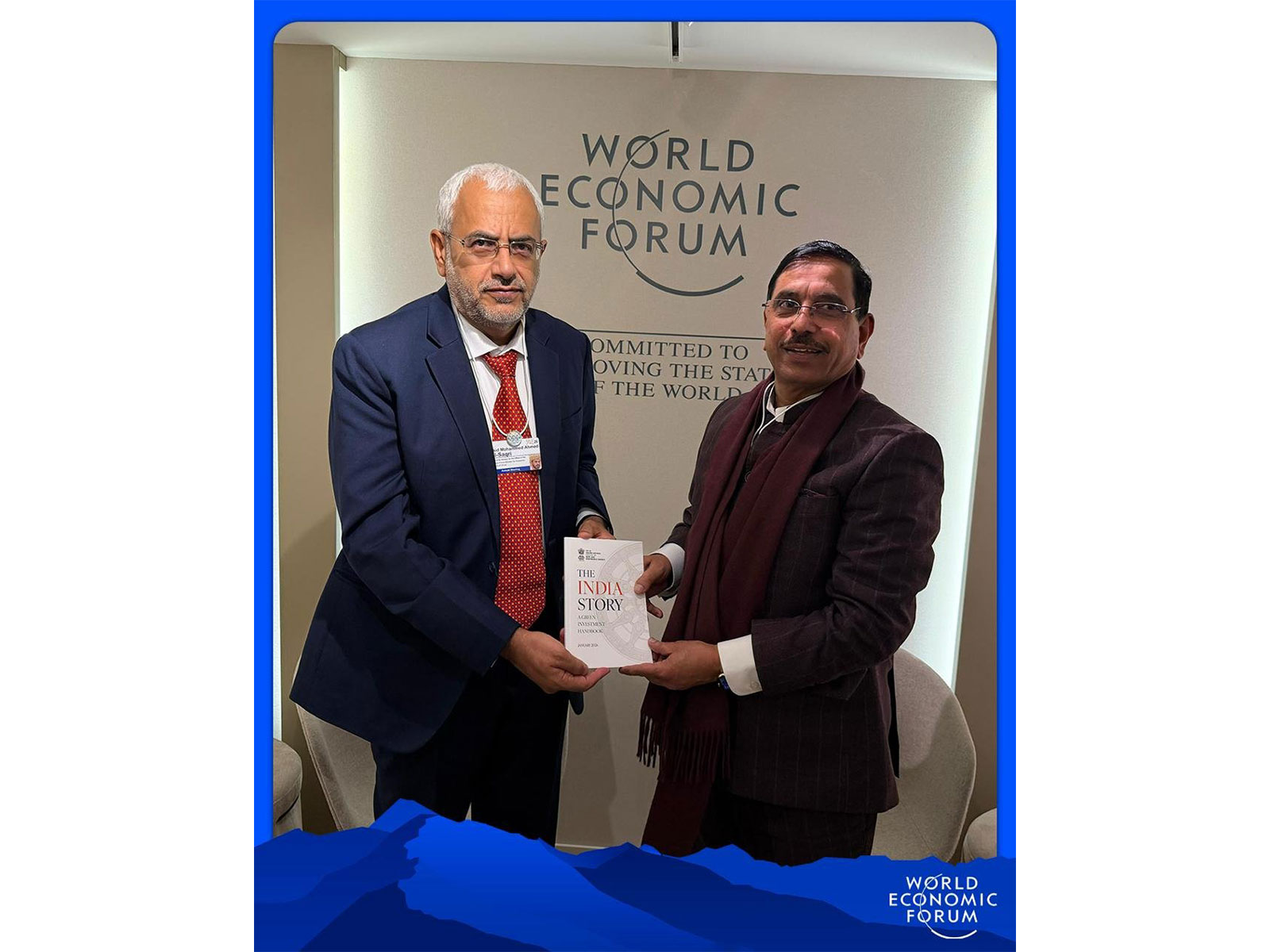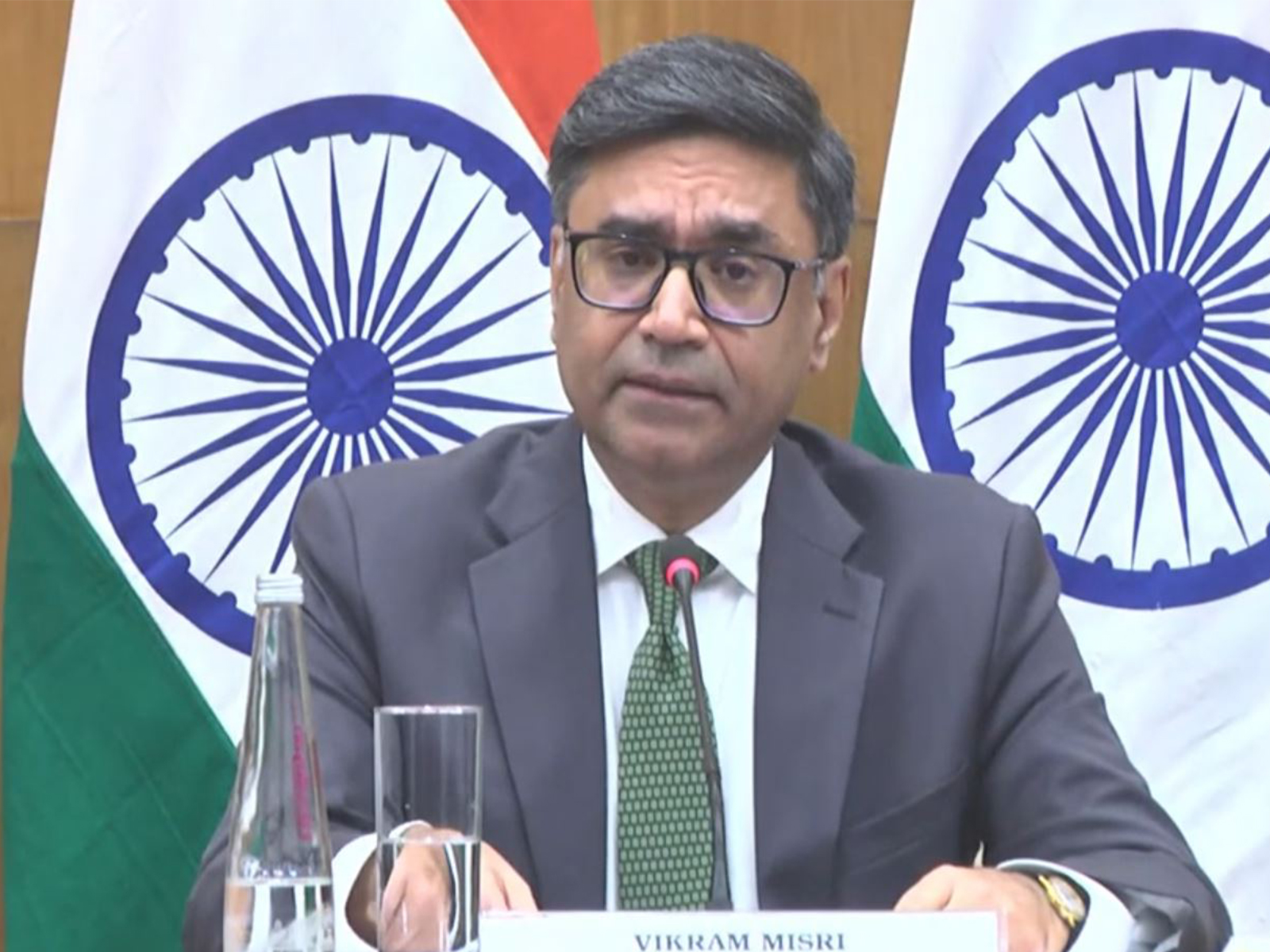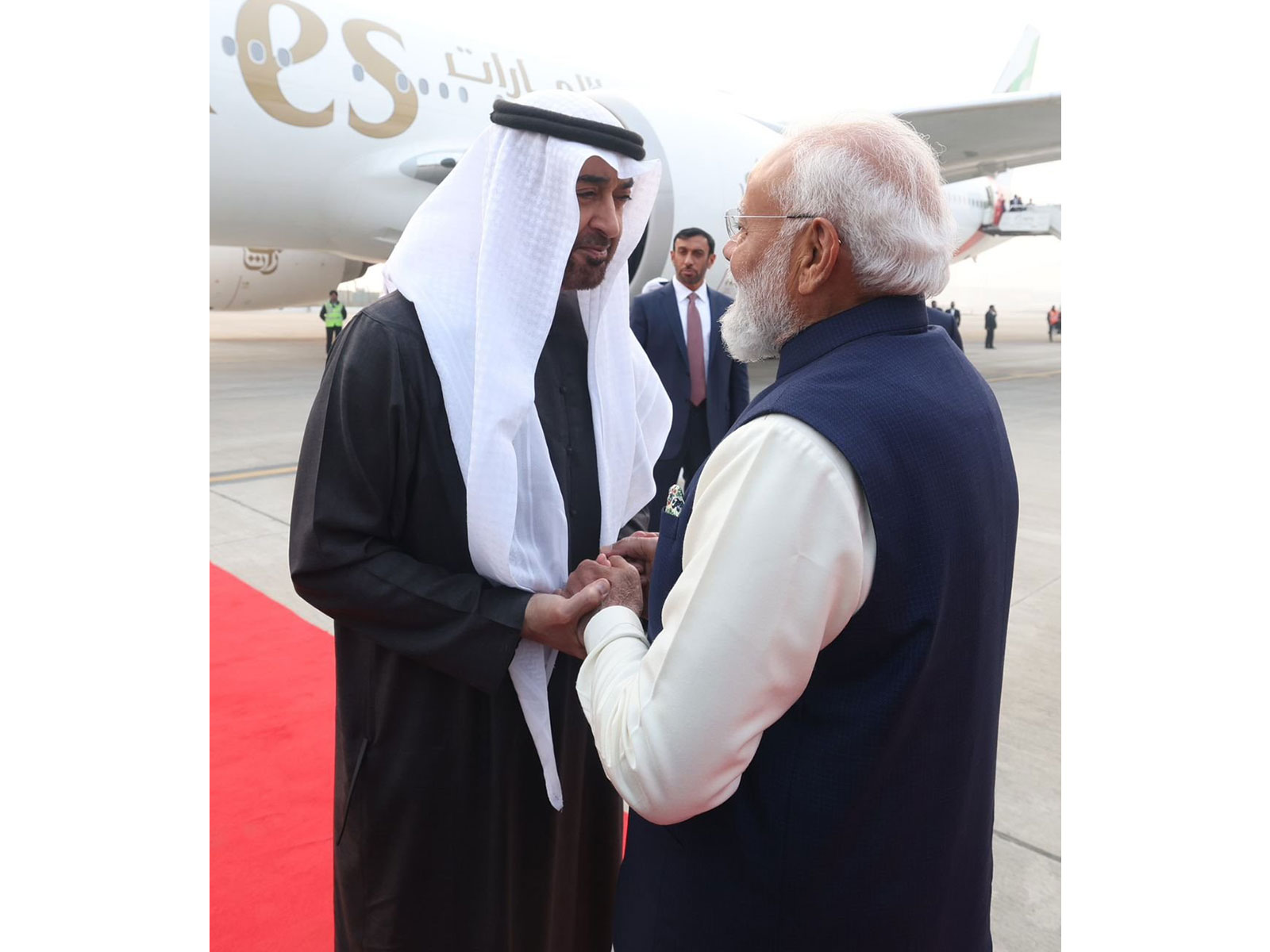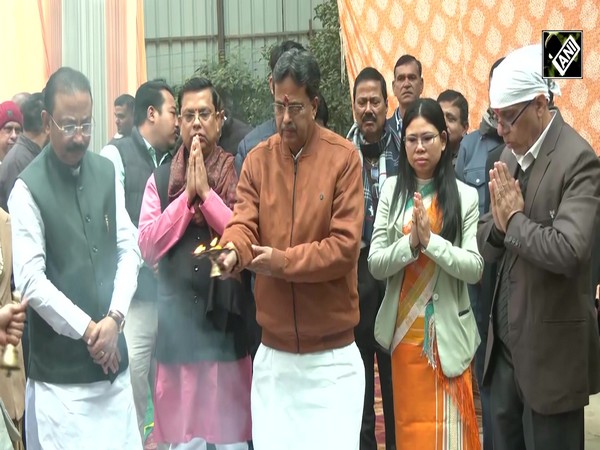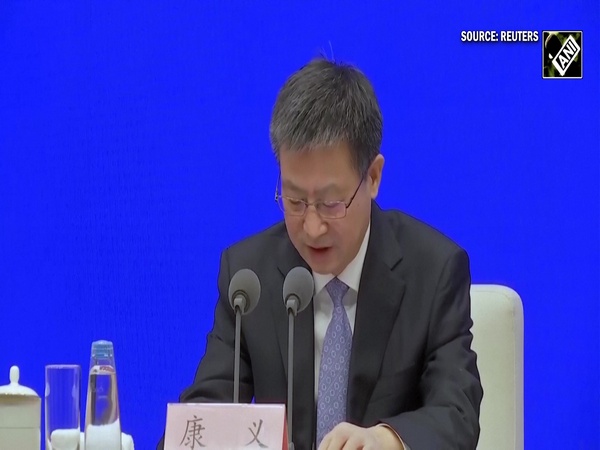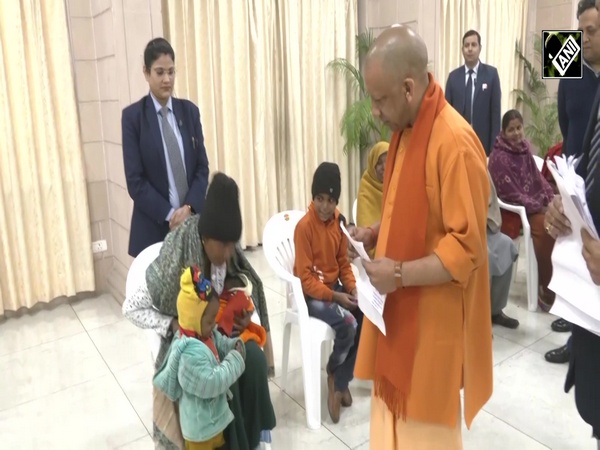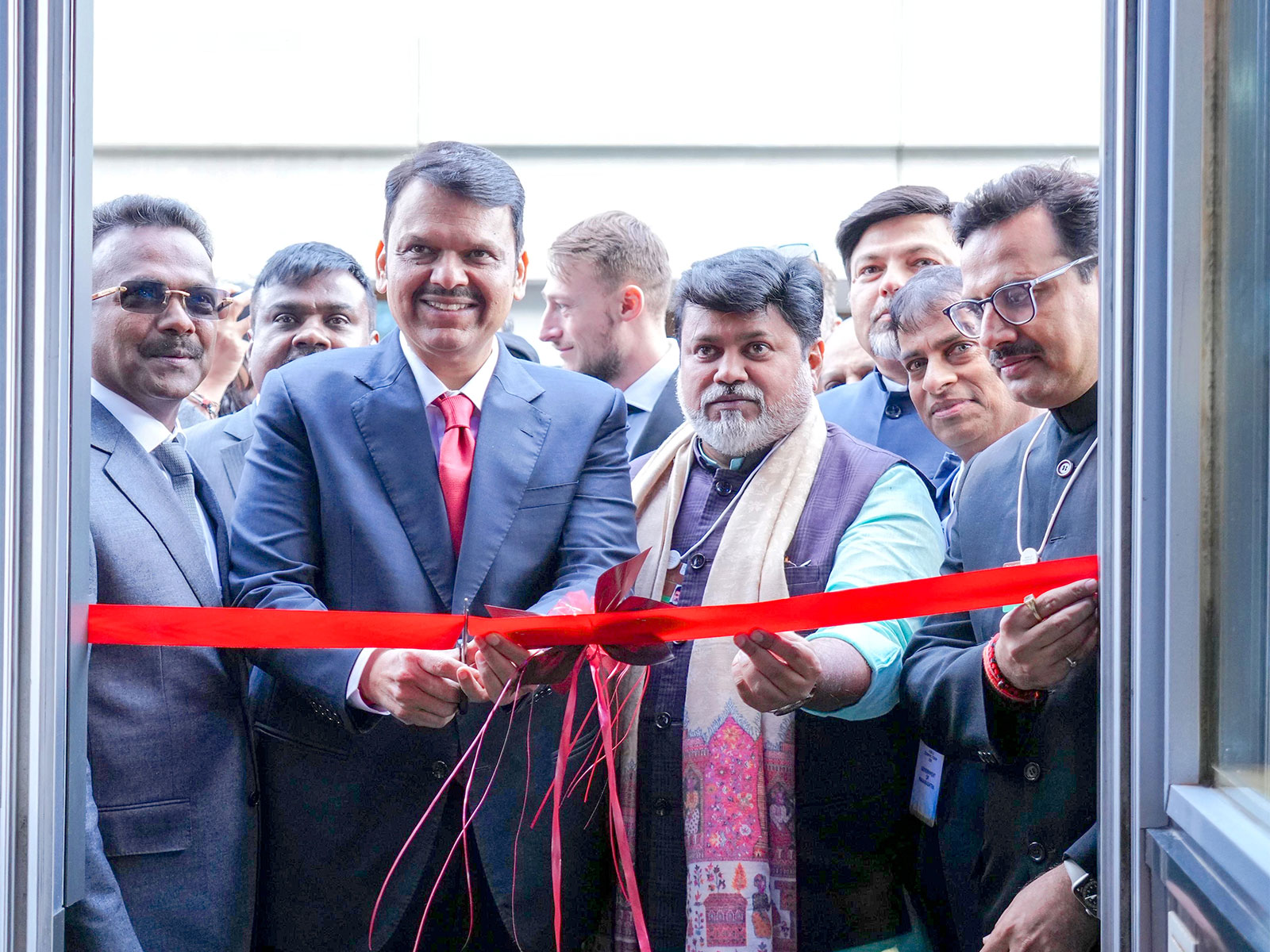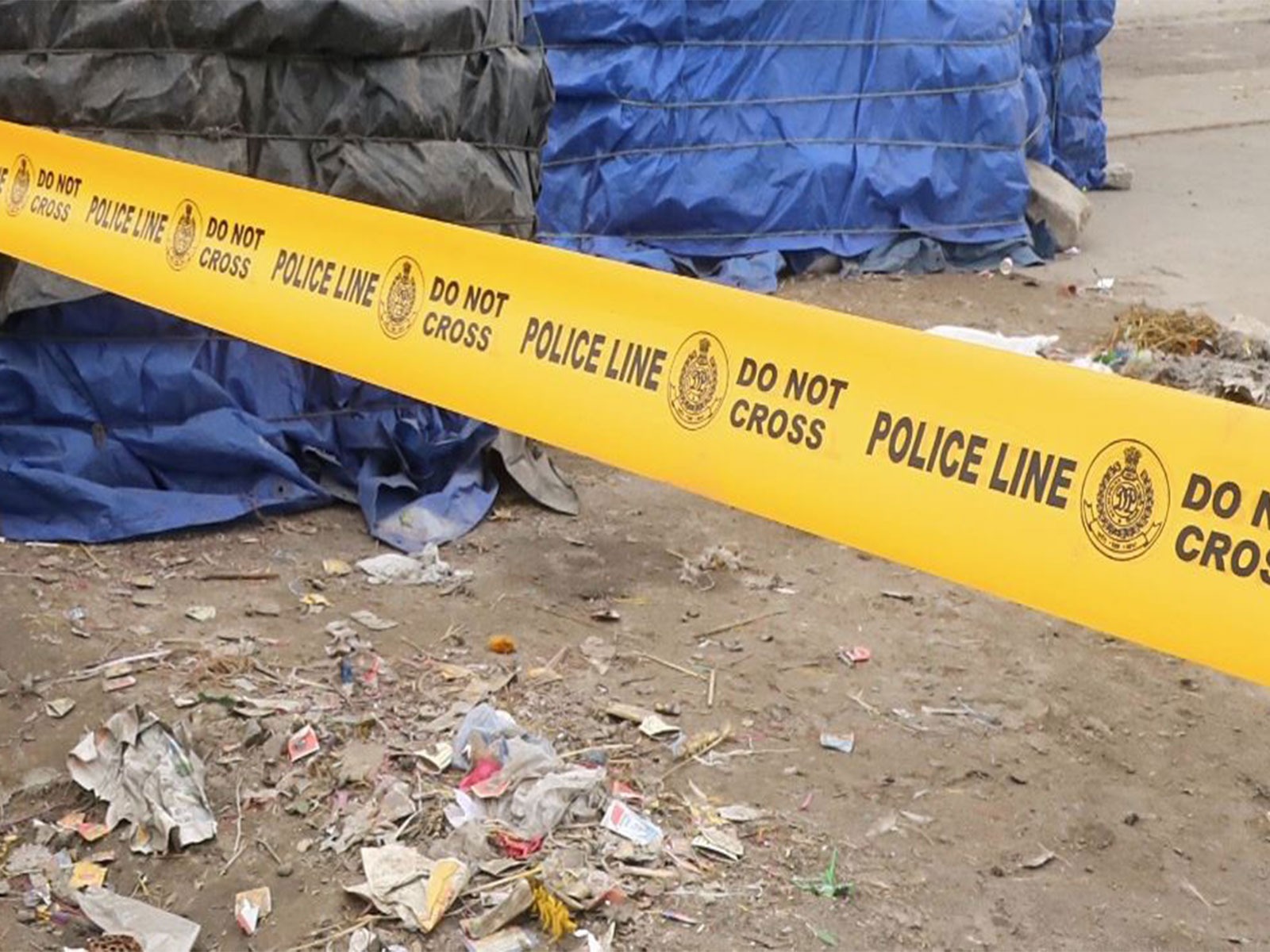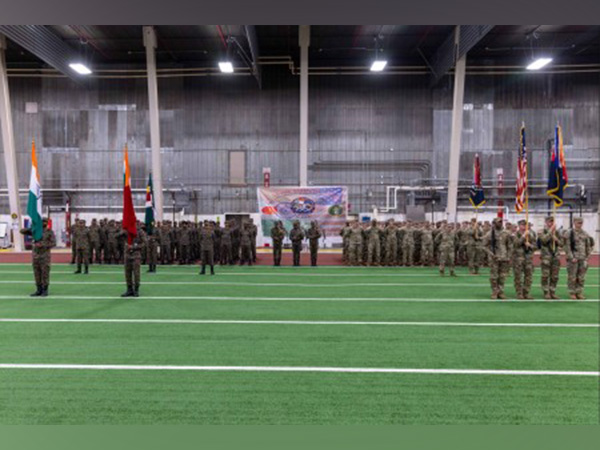
Yudh Abhyas 2025: US, Indian commence joint military exercise in Alaska
Sep 03, 2025
Alaska [US], September 3 : The Indian Army and the United States Army (Soldiers from the 11th Airborne Division) have commenced the joint military exercise Yudh Abhyas 2025 at Fort Wainwright in Alaska, officials said.
The ceremony, held on September 2, marked the beginning of a two-week training program designed to enhance interoperability, readiness, and cooperation between the two nations' land forces, according to a statement from the US Army.
The exercise, scheduled from September 1 to 14, is being conducted at multiple locations, including Fort Wainwright, Yukon Training Area, and Donnelly Training Area in Alaska. The exercise is sponsored by the US Army Pacific Command.
Participants include soldiers from the Indian Army's 65th Infantry Brigade and the US Army's 1st Battalion, 5th Infantry Regiment "Bobcats," which is part of the 1st Infantry Brigade Combat Team (Arctic), 11th Airborne Division.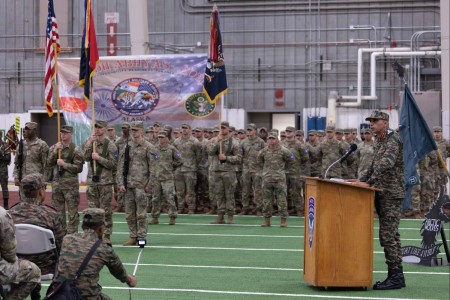
"Together, we sharpen our skills for peacekeeping, humanitarian response, and combat operations because we know that the challenges of the future will demand cooperation across borders," said Col. Christopher Brawley, commander of the 1st Infantry Brigade Combat Team (Arctic), 11th Airborne Division. "When our soldiers trained side by side, we demonstrated to the world that our partnership is strong, enduring and prepared to meet any challenge."
Yudh Abhyas, which translates to "Preparing for War" in Hindi, began in 2004 as a counterinsurgency training exchange. Over the years, it has evolved to include brigade-level command post exercises and field training exercises focused on conventional, unconventional, and hybrid threats, as well as humanitarian assistance and disaster relief.
This year's exercise includes a brigade combat team command post exercise linked with a bilateral field training exercise. Training events will incorporate artillery live-fire exercises, academic exchanges, cultural events, and combined tactical operations in Alaska's challenging terrain and climate, according to the US Army.
The exercise's objectives include enhancing bilateral readiness and interoperability, developing coordination between brigade and battalion staffs, integrating operational enablers, and refining air-to-ground integration doctrine. It also supports the US Indo-Pacific Command's strategy to strengthen regional partnerships and maintain a free and open Indo-Pacific.
"Exercises such as Yudh Abhyas create the ideal environment to test concepts, refined procedures and most importantly, learn from each other's experience," said Brigadier Rajeev Sahara, commander of the Indian Army, 65th Infantry Brigade. "I thank our American hosts as the partnership continues to be invaluable to us."
Since its inception, Yudh Abhyas has expanded beyond its original counterinsurgency focus to address modern challenges faced by both nations' militaries. Recent iterations have included training in high-altitude environments, humanitarian operations, and joint responses to crises such as natural disasters, according to the US Army.
The exercise also provides opportunities for cultural exchange, sporting events, and professional development workshops. US and Indian Soldiers will work together in planning, execution, and after-action review phases, building mutual understanding and trust at all levels.
Yudh Abhyas alternates annually between India and the United States. This year, the exercise is held in the United States, and next year's iteration is scheduled to return to India.
For the United States, Alaska offers a strategically significant training ground due to its proximity to key Arctic and Indo-Pacific air and sea corridors. For Indian Soldiers, it provides a venue to train in cold-weather conditions with US forces experienced in Arctic operations.
The exercise supports US Army Pacific's five main priorities: campaigning, transformation, lethality, partnerships, and people. It also reflects the broader US-India Major Defence Partnership, which includes a series of joint exercises, defence trade initiatives, and personnel exchanges aimed at enhancing combined capabilities.
